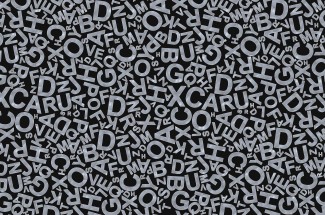Search for a word
- Magnetic resonance imaging (MRI) :
Imaging technique used to obtain 2 or 3-dimensional views of organs or limbs.
- Magnetoencephalography (MEG) :
Technique for measuring magnetic fields induced by the activity of neurons in the brain or spinal cord.
- Melatonin :
Hormone involved in the regulation of chronobiological rhythms such as wakefulness and sleep.
- Microscope :
An instrument for observing a small object in magnified form, visible to the naked eye.
- Modelling :
Design of a model in which known variables, known as "explanatory" variables, are used to determine unknown variables, known as "variables to be explained".
- Molecule :
A group of atoms (at least 2), which may or may not be identical, joined together by chemical bond(s).
- Morphology :
Study of the shape of an element of the body of a living being, such as a cell or organ.
- Motor neuron :
Motor neurons involved in the transmission of motor information from the brain to the spinal cord and peripheral organs.
- Myelin :
A substance made up mainly of lipids which serves to insulate and protect the axons of neurons.

